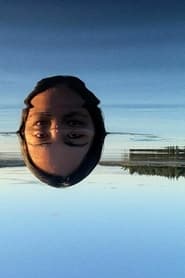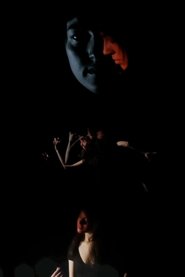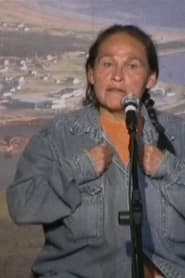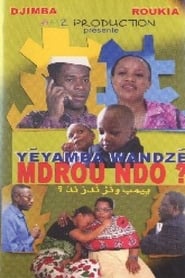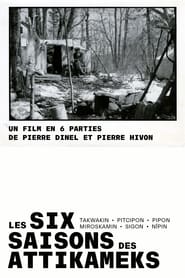kategori film bahasa cree
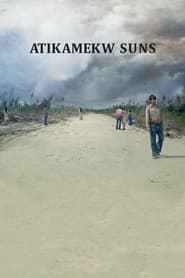
Atikamekw Suns 2024
Manawan, 1977. A vehicle falls into a river near a Native community. Two Quebecers managed to escape, but five Atikamekws lost their lives. While the police conclude that it was an accident, the victims’ families are left with unanswered questions. A historical, poetic and choral tale, Soleils Atikamekw is inspired by the dreams, impressions and memories of the relatives of the five victims. In an intimate, humanistic approach, the filmmaker involves the families both in front of and behind the camera. Documentary and fiction come together in a deeply moving film about grief, injustice and memory.

Café Daughter 2023
In a small Saskatchewan town in the 1960s, Yvette Wong, a young girl of Chinese and Cree heritage, struggles with her Indigenous identity amidst family tragedy in this coming-of-age film directed by Mohawk artist and filmmaker Shelley Niro. Yvette’s mother, Katherine, discourages her from embracing her Cree identity, so she explores it in secret. As she learns more about herself and her Indigenous heritage, Yvette finds a friend in Maggie Wolf, who embraces being part Mi’kmaq and encourages Yvette to be proud of being Cree. When her classmates learn about her Cree ancestry, Yvette encounters the realities of being Indigenous, facing prejudice with pride and holding fast to her dream of becoming a doctor. Café Daughter is inspired by true events and based on Kenneth T. Williams’ play of the same name.
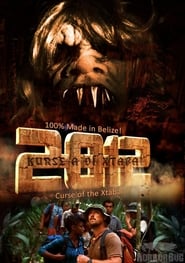
2012: Curse of the Xtabai 2012
A sealed ancient Mayan cave would be blown open unleashing Xtabai to wreak havoc on the world and destroy civilization. She begins by infecting the inhabitants of a nearby village with a terrible and deadly fever. The government responds by placing the village under quarantine. A team of students along with their teacher escape into the jungle to find a cure, guided only by a dream. They go deep into the bowels of the Mayan underworld, hunted by Xtabai herself. Will they ultimately succeed in defeating the evil Xtabai and saving mankind from her curse? How many will live to tell the tale?
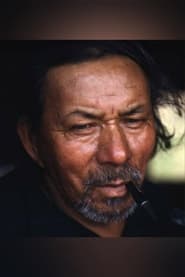
History of Manawan - Part Two 1972
Atikamekw elder Cézar Néwashish continues to recount the history of the community of Manawan that first began in The History of Manawan: Part One. As Christianity and European customs take deeper root in the community – abetted by residential schools and aggressive assimilationist government policies – seemingly irreversible changes to significant customs begin to unfold. Despite these struggles, the people carry on. This short is part of the Manawan series directed by Alanis Obomsawin.

History of Manawan - Part One 1972
“It’s not how it used to be.” The words of Cézar Néwashish resonate throughout this short documentary that explores the history of the Atikamekw community of Manawan, Quebec. Less than a century old in name, Manawan embodies the experiences of so many Indigenous communities across Canada. Where once they practised their customs freely on a vast territory, the arrival of the Europeans would eventually mean the restriction of their cultural practices and confinement to a reserve named Manawan.

